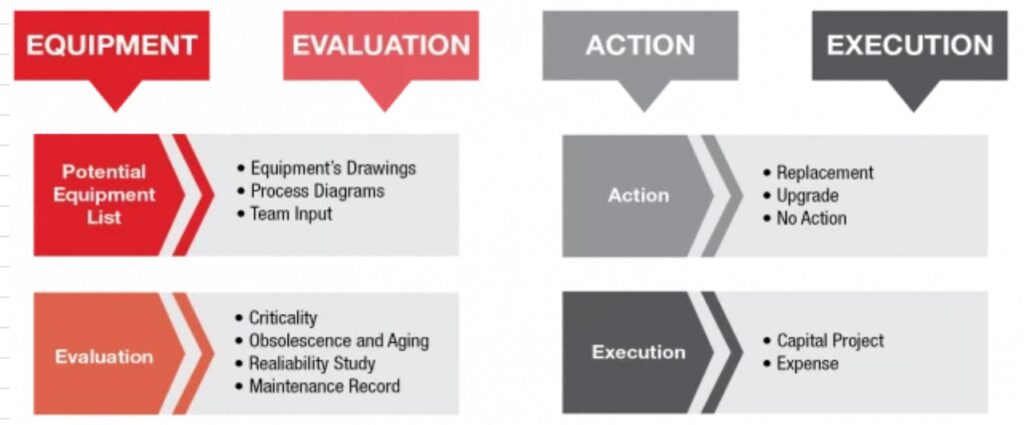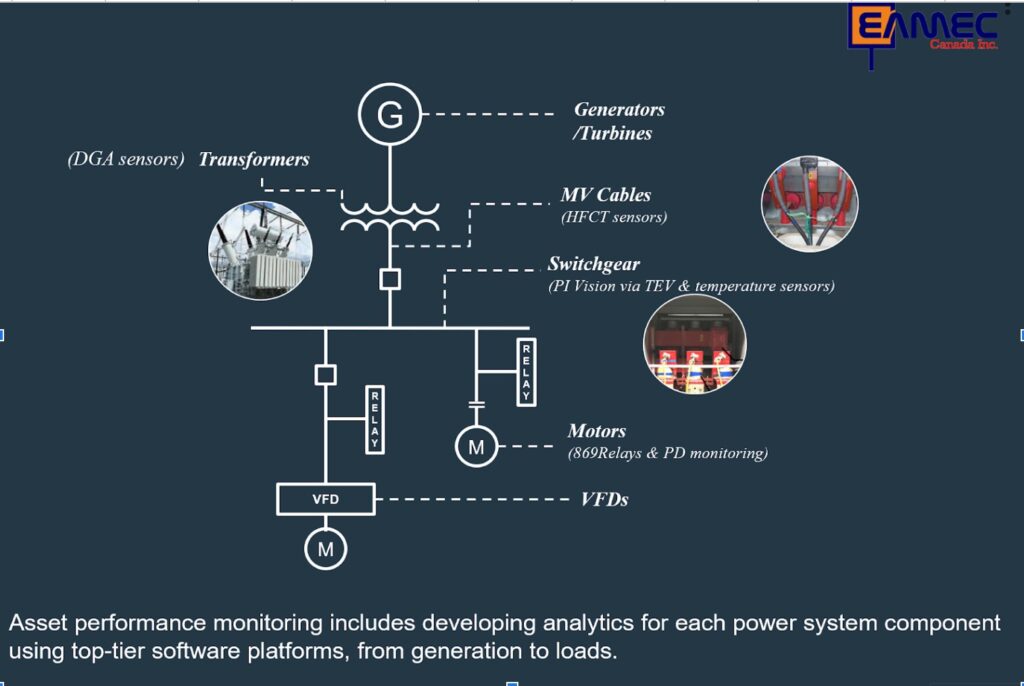Power Systems Engineering
Our team of expert engineers creates forward-thinking designs and studies that push the boundaries of what's possible in power systems engineering. We work closely with our clients to tailor solutions that meet their unique needs, ensuring maximum satisfaction and success.
What We Do
POWER SYSTEM STUDY
Load Flow Analysis
Short Circuit Ananlysis
Protection Coordination Analysis
Arc Flash Analysis
Transient & Motor Starting Study
Harmonic Analysis
How We Do It
Data Collection
The process begins with comprehensive data collection, where detailed information is gathered on all aspects of the power system, including equipment ratings, single-line diagrams, relay settings, and system configurations. Accurate and up-to-date data is crucial for performing reliable analyses.
Short Circuit Study
A short circuit study is performed to determine the available fault current at various points within the system. This analysis identifies the system’s ability to withstand and interrupt fault conditions, ensuring that protective devices can safely handle short circuits.
Arc Current Calculation
Using the results from the short circuit study, the arc current is calculated. This step involves determining the potential arc flash currents under fault conditions, which serves as the basis for subsequent safety and protection calculations.
Protection Coordination Study
A protection coordination study is then conducted to analyze and optimize the settings of protective devices. The goal is to ensure that devices operate in a coordinated manner to isolate faults while minimizing system disruptions.
Incident Energy Calculation
The next step involves calculating the incident energy, which determines the energy released during an arc flash event. This calculation is critical for assessing the potential hazards to personnel working on or near the electrical equipment.
Flash Boundary Calculation
Based on the incident energy results, the flash boundary is calculated. This boundary defines the safe distance from the electrical equipment, where the risk of injury due to an arc flash is minimized.
Report and Labeling
A detailed report is generated that includes all study results, calculations, and recommendations. Arc flash labels are also created for electrical equipment to ensure proper identification of arc flash hazards and to inform personnel of the required personal protective equipment (PPE) levels.
Mitigation Activities
Finally, mitigation activities are recommended and implemented to reduce the risk of arc flash incidents. This can include equipment upgrades, system reconfiguration, or changes to protection settings to enhance the safety and reliability of the power system.
Power Systems Engineering Services Offered At EAMEC
Power System Studies
- Systems Protection Studies
- Protection Relay Settings
- Short Circuit and Arc Flash Analysis for LV, MV & HV Systems
- Arc Flash Mitigations
Specialized Systems Studies
- Power Quality Analysis and assessment including Harmonics & Flickers
- Insulation Coordination
- Electromagnetic Field Effects
- Audible Noise
- Dynamic Stability
- Electromagnetic Transients
- Grounding studies
- Radio Interference
- EMF Measurements
- Transmission Planning Studies
- Motor starting
Power Systems Reliability Solutions
- Reliability assessments and recommendations
- Master Data and Hierarchy development for electrical assets
- Criticality Ranking and work shops
- Reliability Centered Maintenance (RCM) for electrical assets
- Risk assessments
- Maintenance strategy development for assets per the regulatory and best industry standards
- Maintenance Frequencies for electrical assets
- Asset Health Indices development
- Electrical Asset Performance Monitoring(APM)
- Predictive Maintenance for electrical assets using analytical tools
- Dashboarding and KPI
- Operational Excellence
Electrical Safety
- Electrical safety audits
- Root Cause Analysis
- Mitigation solutions
- Engineering controls
- Administration controls
- PPEs
- Soil resistivity measurement
Steps to Ensure Electrical Safety
(From Most Effective to Least Effective)
Elimination:
Avoid working on energized equipment altogether unless absolutely necessary. In this way there is no risk of electrocution to personnel.
Substitution:
Design equipment with features that allow tasks to be performed while maintaining a closed and guarded condition or that reduce the risk to personnel in the event of a failure.
Engineering Controls:
Apply safeguards and isolate the hazards from the personnel with barriers and mechanical.
Administrative Controls:
Policies, procedures, work practices and training to help reduce the risk to personnel and ensure only qualified personnel undertake tasks.
PPE:
Utilized Personal Protective Equipment to help minimize risks to personnel.
Specialized Electrical Reliability Improvement Design
- Temperature sensors for switchgear, MCCs, panels, breakers, generators, large motors
- Partial discharge system installation for MV and HV cables and switchgear, motors and generators
- Online DGA installation design
Innovative Electrical Design
Reliability Centered Design for Electrical systems:
HV/MV Substation Design
HV&MV Power Line Design
Reliability Assessment for Substation Equipment
1- Online Monitoring of substation assets:
HV/MV Transformers:
- Dissolve Gas Analysis
- Bushing Monitoring
- Top Oil Temperature
- Winding Temperature
MV Switchgears:
- Partial Discharge Monitoring
- Temperature Sensors
MV&MH Cables:
- Partial Discharge Monitoring
2- Asset Health Index Development for transformers, switchgears, cables, relays, and Switchgears
3- Predictive Maintenance and analytics:
- Data driven maintenance strategy
- Trending offline test data data ( Lad results for Transformers DGA, Winding resistance, TTR, PF, Insulation tests, time tests for HV&MV breakers)
- Trending online tests data( Online DGA results, Temperature sensors reading, Partial discharge sensors TEV.&HFCT trending)
- Trending PD for HV transformers bushing


Ready to Optimize Your Systems Reliability?
Our team is ready to help you with your next engineering challenge.
Contact us today for a consultation or to learn more about how we can support your business.
